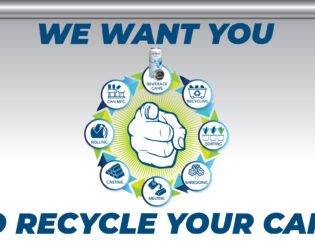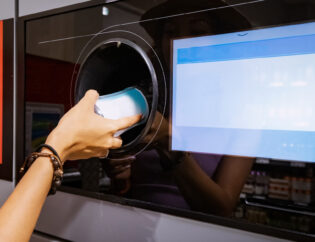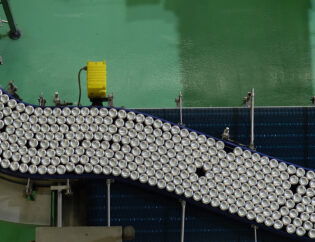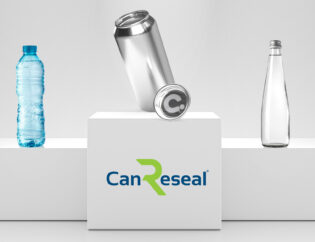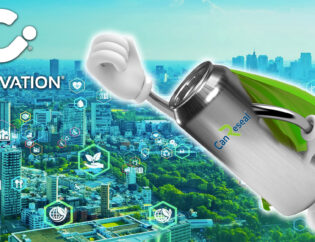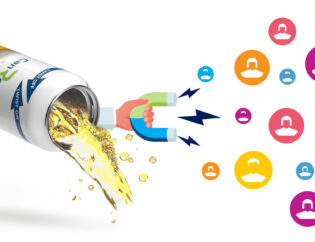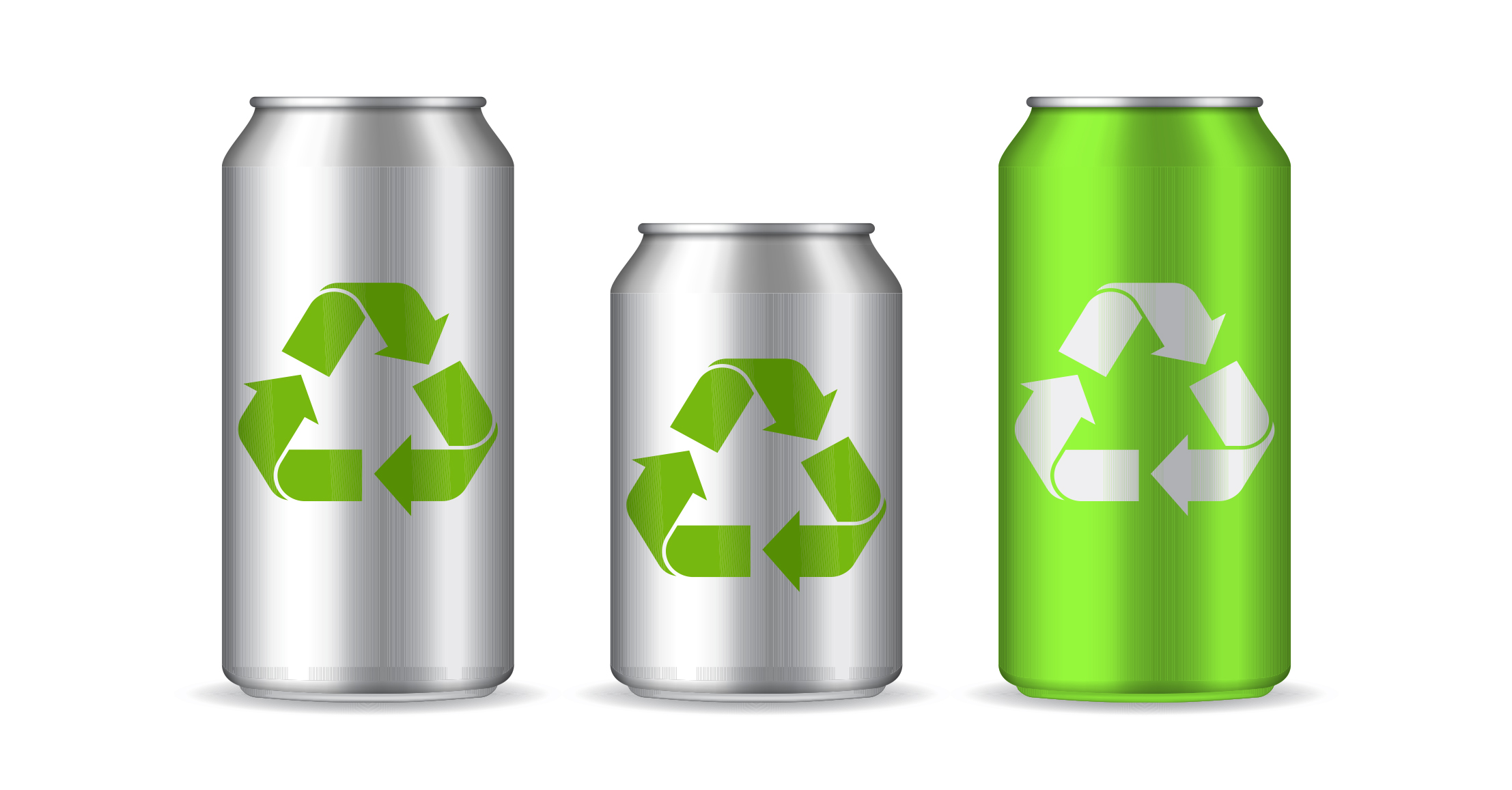
Recycling is a crucial tool in the fight against climate change and environmental degradation. One of the biggest challenges is the lack of consistent and reliable recycling programs. Many American recycling programs rely on single-stream recycling, which means that all recyclable materials are mixed. This makes it difficult for people to know how to recycle properly.”
The recycling infrastructure in America has long been a source of both hope and frustration. On the one hand, recycling is a crucial tool in the fight against climate change and environmental degradation. It conserves natural resources, reduces the need for new landfills, and reduces the amount of waste that ends up in our oceans and other natural habitats. On the other hand, the recycling infrastructure in America is plagued by a variety of challenges that make it difficult for communities and businesses to recycle effectively.
One of the biggest challenges facing America’s recycling infrastructure is the lack of consistent and reliable recycling programs across the country. While some communities and cities have robust recycling programs that make it easy for residents to recycle, others have very little infrastructure in place. This lack of consistency makes it difficult for people to know how to recycle properly, and it also makes it difficult for recycling companies to process and market the materials they collect. Unlike in other countries, where recycling programs are more advanced and materials are more highly sorted, many American recycling programs rely on single-stream recycling, which means that all recyclable materials are mixed. This makes it more difficult to separate and process the materials and leads to a lower quality of recycled materials.
Mechanical recycling involves physically breaking materials such as plastics and metals so that they can be reused in the same form. This method is simple and well-established and can produce high-quality recycled materials. On the other hand, chemical recycling involves breaking down the chemical bonds in materials such as plastics and converting them into raw materials that can be used to make new products. This method is still in the initial stages of development, but it has the potential to significantly increase the amount of plastic that can be recycled. Recently, large investments have been put into both mechanical and chemical recycling showing that people recognize a need to reduce the amount we produce. However, aluminum is 100% recyclable with the infrastructure already available today. Therefore, further investments into advanced recycling methods are not necessary if the companies and consumers could commit to using 100% recyclable materials. Materials like plastic may be recyclable but they lose their value after every use, meaning it is inevitable that all plastics produced will eventually find their way into landfills or the environment whereas aluminum never loses its value regardless of how many times it is used and recycled.
The advantage of mechanical recycling is that it is simple and well-established, making it easy to implement and produce high-quality recycled materials. However, the disadvantages of mechanical recycling include that it cannot recycle all types of plastics and can be costly.
The advantages of chemical recycling include that it can recycle all types of plastics and it has the potential to significantly increase the amount of plastic that can be recycled. The disadvantages of chemical recycling include that it is still in the early stages of development, which means that it can be costly and is not yet widely available.
Overall, while recycling is a crucial tool in the fight against climate change and environmental degradation, our recycling infrastructure is facing several challenges that make it difficult for communities and businesses to recycle effectively. Educating Americans on what materials can be recycled and what materials are most efficiently recycled relative to their communities or cities will help improve America’s recycling infrastructure. Rather than investing more money into a never-ending battle with plastic recycling, it would be more worth everyone’s time energy, and money to adjust our lifestyles to fit the already well-established Pollution Solution™ that is aluminum through mechanical recycling. Canovation envisions The Future of Sustainable Packaging™ where our all-metal CanReseal® is the revolutionary successor to difficult-to-recycle plastic bottles.

